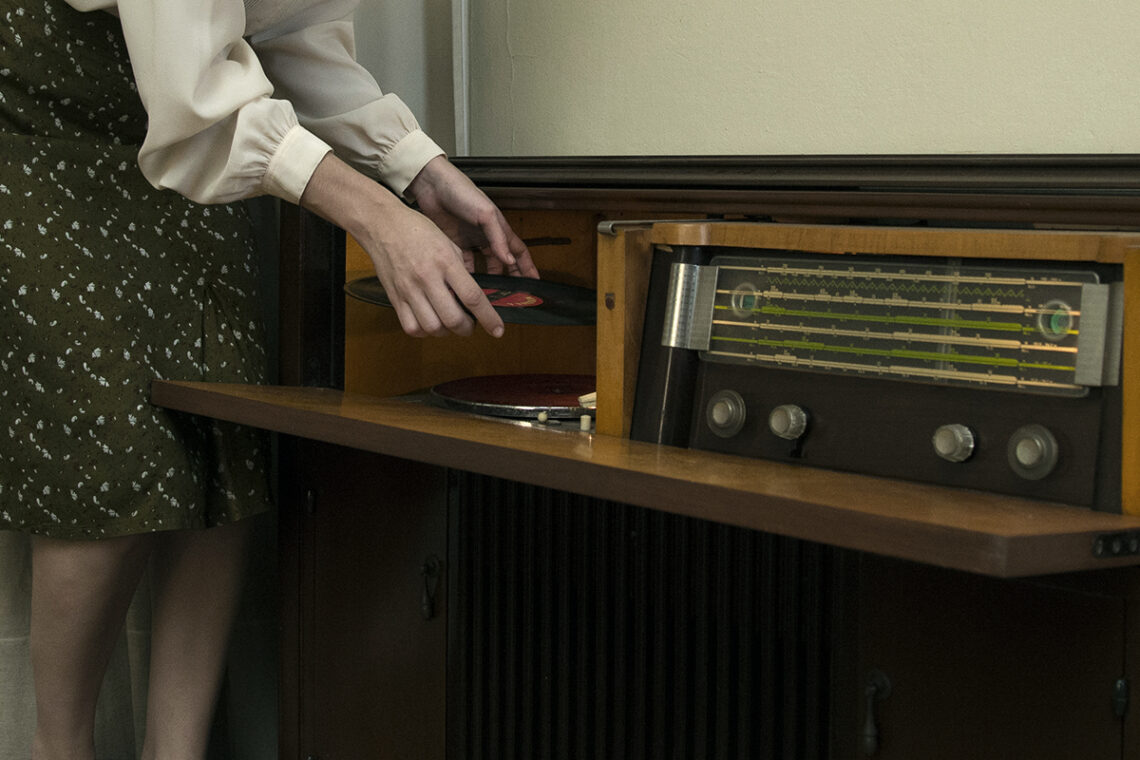A new chapter for Paraguayan cinema: ‘Remanso’ set to captivate audiences
A powerful collaboration
In an exciting development for the world of cinema, France’s Still Moving and Uruguay’s Monarca Films have joined forces with Pablo Lamar for his latest project, the Paraguayan socio-political drama “Remanso”. This film is set to make waves at the upcoming San Sebastian Europe-Latin America Co-Production Forum.
A diverse production team
The film is produced by Gabriela Sabaté at Asunción-based Sabaté Films and Pablo Lamar at Sapukai Cine. The project boasts a broad co-production alliance, including San Telmo Filmes in Brazil and Tarea Fina in Argentina. This international collaboration promises to bring a rich, multifaceted perspective to the film.
A director with a vision
Pablo Lamar, who won the Special Jury Award in the Tiger Competition at the 2016 Rotterdam Film Festival for his debut film “La última tierra”, is at the helm of this project. His unique storytelling style and deep understanding of socio-political issues are expected to shine through in “Remanso”.
A story rooted in history
“Remanso” is written by Sara Pinheiro and is based on real-life events. The film is set in Paraguay during the 1970s, one of the most violent periods of Alfredo Stroessner’s dictatorship (1954–1989). The story follows Carmen, a woman who, upon moving to a new neighborhood, discovers the body of a dead girl in the nearby house of a colonel. Her friends and loved ones insist she stay silent, but she struggles to reclaim her inner peace.
Exploring themes of silence and oppression
Director-producer Lamar explains, “In ‘Remanso’, we address the silencing of people – mostly women – through different means. Sometimes indirect and subtle, and sometimes through brutally violent situations – at the national level, at work, in the neighborhood, within a family, inside a marriage.” He adds, “This was a particularly effective mechanism of operating and sustaining itself used by the dictatorship of Stroessner. However, this is still a dramatic part of our present society.”
A character’s journey
Lamar continues, “With this film, I’m interested in exploring how these socio-political topics affect a character’s daily and family life. Thus, Carmen, the main character, becomes aware of her surroundings, and goes from living a peaceful fiction to enduring a scary reality.”
Anticipation builds for 2026 release
“Remanso” is planned for a 2026 release and has already received development incentives from the Hubert Bals Fund. It has also been backed by BRLab, Proyecta Ventana Sur, Cinemart, Paraguay’s Fondo Nacional de la Cultura y las Artes (FONDEC), and earned production support from the Instituto Nacional del Audiovisual del Paraguay (INAP).
Still Moving and Monarca Films: A track record of success
Founded by Juliette Lepoutre and Pierre Menahem, Paris-based Still Moving aims to produce arthouse films by emerging or established directors. Recent titles include “Tiger Stripes”, “Rule34”, and “Mediterranean Fever”.
Led by Eugenia Olascuaga and Valentina Baracco, Monarca Films has produced the documentary “Para no olvidar” and “Delia”, which won the Biznaga de Plata for best director at the 2022 Malaga Film Festival.
A platform for new voices
The upcoming Europe-Latin America Co-production Forum, taking place from September 23-25 within the framework of the San Sebastian Festival, will be the first public pitching of “Remanso” by its co-producers. This forum provides a vital platform for new voices in cinema, and “Remanso” is poised to make a significant impact.
Final thoughts
For cinema enthusiasts, “Remanso” offers a compelling narrative that delves into the complexities of silence and oppression. The film’s rich historical context and the personal journey of its protagonist, Carmen, promise to captivate audiences. As we await its release, the anticipation builds for what is sure to be a powerful and thought-provoking film.
For more information and to watch the trailer, visit Remanso.
This article is a reflection on the upcoming film “Remanso”, highlighting its socio-political themes and the collaborative efforts behind its production. The narrative style aims to engage cinema enthusiasts by providing in-depth analysis and personal reflections.

 Italian
Italian







